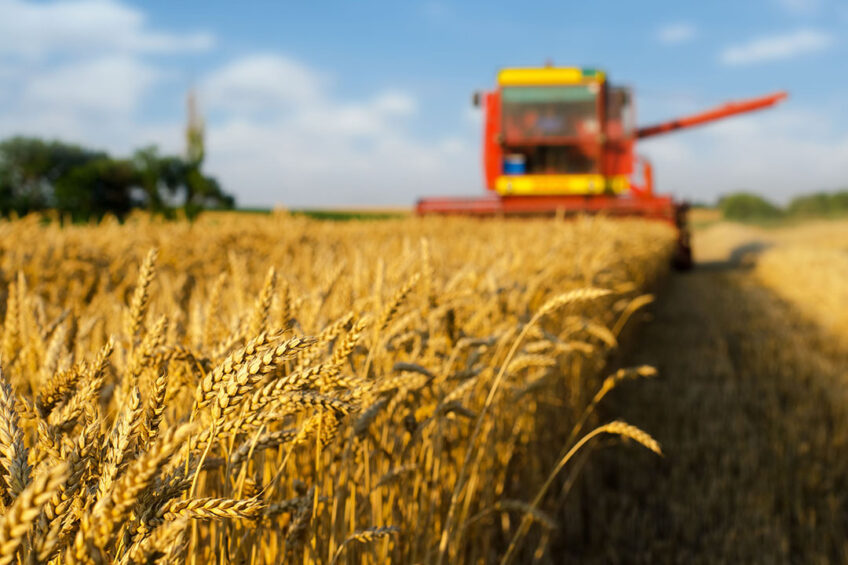Digital grain passports plan faces UK backlash

Proposals to move from paper to digital grain passports in the UK are in the balance, despite a broad industry consultation, with NFU Scotland announcing this week that it is withdrawing its backing due to fears over costs and potential complexity.
Over the past few months, the Agriculture and Horticulture Development Board has held a series of webinars and surveys to explain how its proposed Digital Grain Passports scheme could work. It is the latest effort in a 2-year project which stemmed from discussions between key industry trade association, including the Agricultural Industries Confederation and UK Flour Millers.
During the webinar, AHDB’s Head of Farm Economics Derek Carless outlined the potential benefits of the digital system:
The switch from paper passports would offer a 2-way flow of data between growers, merchants and processors, providing real-time progress updates and grain quality data soon after delivery for every load.
Growers would be able to react to trends in grain quality results and better match future loads to specifications, while the removal of problems with illegible or incomplete passports at intake could result in fewer delays and rejections taking place.
Productivity and efficiency would also be improved by the ability to add grain details once and then apply them to many passports with batch functionality, with key farm data held by the merchant already being populated on the passports. There would also be no need for assurance stickers for England and Wales, and the use of paper passports would eventually be phased out.
The digital passport system would be accessed via a website available on any computer or tablet, on an app available on any iOS or Android phone, or through a passport integrated with a business’s own software system.
A phone helpline would also be available to allow passports to be filled in manually where there are technical difficulties preventing their completion of where the delivery is made to remote location with no wi-fi or data connection.
Making a simple process more complicated
Willie Thompson, NFU Scotland combinable crops chairman, said that while many could see some potential advantages, there were concerns over money, extension of their scope and future costs increases.
“There was an overall feeling that digitising the passports would make something simple more complex and less accessible, at an unreasonably high cost,” he added
James Mills, NFU Combinable Crops Board representatives, said growers had raised a number of concerns which needed to be addressed: “There are still issues to be resolved, including concerns raised by growers that some of the proposals discussed during the seminar differ from the previous pilot and the way the paper passport works.”
Mills said the board had always said for the project to work, the starting point should, be to digitise the paper passport, with similar functions, roles and responsibilities for all involved in using either passport.
The AHDB Cereals Liaison Group met last Thursday (17 November) to make a recommendation over whether to go ahead with the current proposal and a final decision is expected from the AHDB Cereals and Oilseeds Sector Council on 6 December. If the initiative is approved, the AHDB has committed to providing 3 years of levy funding to get the project off the ground.







